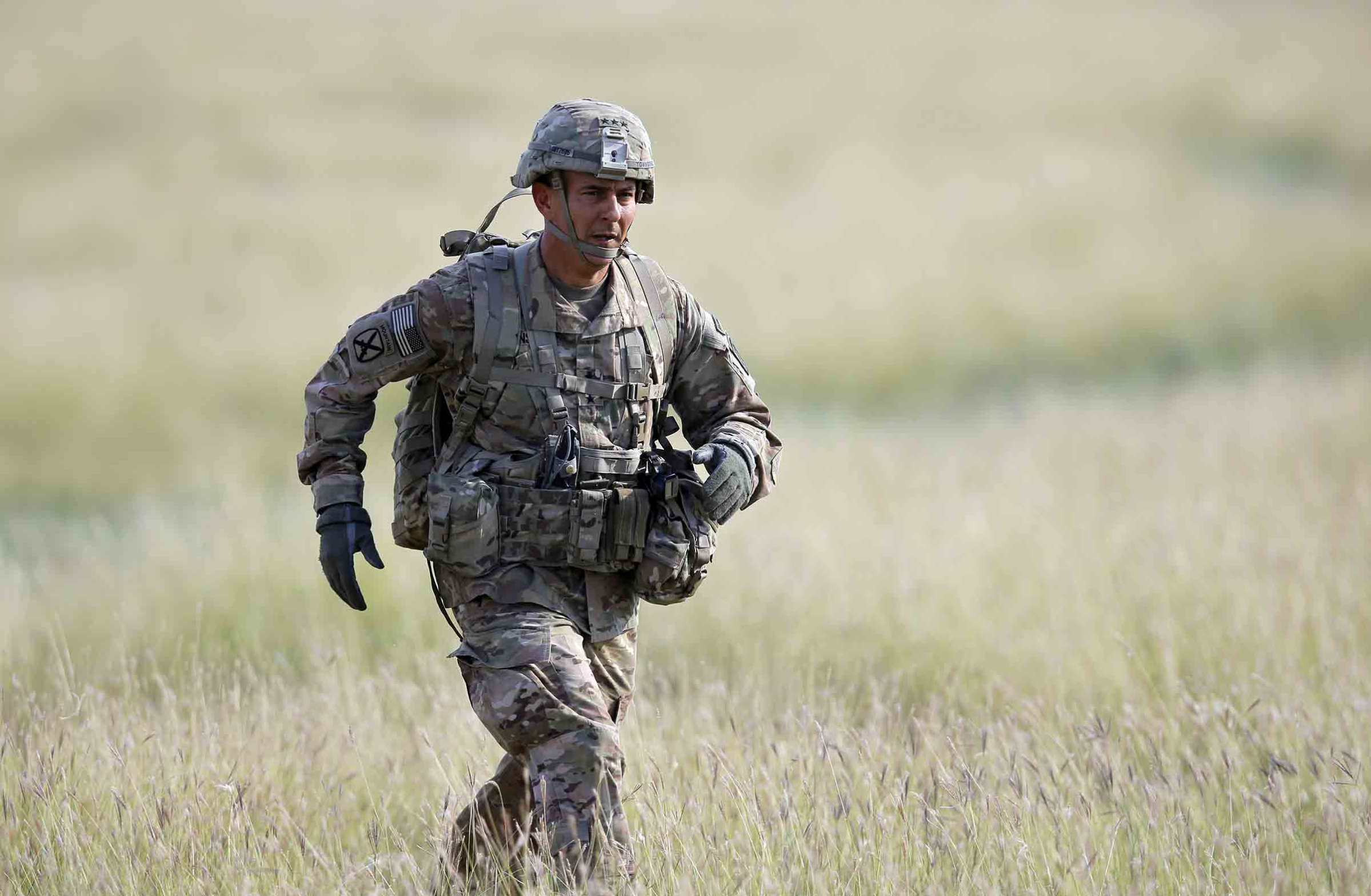
Since August 2016, Lieut. General Stephen Townsend had commanded Operation Inherent Resolve, the U.S.-led military coalition fighting the Islamic State in Iraq and Syria. It was a key year in the operation to “degrade and destroy” ISIS, at the center of which was the liberation by the Iraqi military of Mosul, Iraq’s second city, from the militant group. Townsend, a 35-year veteran of conflicts around the world, rotated out on Sept. 5. Here he reflects on his 12 months at the helm of the coalition:
What can you say about the intensity of the battle for Mosul?
First of all, it was the longest battle I personally have been a participant in or borne witness to in my entire military career. It was the most constant heavy combat that we have [seen] probably since before Vietnam. I can’t say that I was surprised at the difficulty, though I did expect to see more surrenders than we saw. These last [ISIS] holdouts, they literally fought to the death. That was a bit of an eye-opener for me.
The heavy civilian casualties in Mosul received a lot of attention. Is there anything that could have been done to save more civilian lives?
Yeah. ISIS could’ve not turned Mosul into a Stalingrad by taking tens of thousands of civilians hostage. ISIS could have let civilians flee when they wanted to flee. ISIS didn’t have to pack them into houses and pack explosives on top of them. Those are the things that could’ve been done to lessen civilian losses. I don’t find that the coalition or our Iraqi partners could have done much more.
In April, President Trump gave the military “total authorization” over combat decisions. Has that impacted this operation?
We have the authority we need, and we are well supported by our military and our civilian chain of command. That’s what the American people want. They trust our armed forces. Give them a job to do, give them the tools to do it, and then get out of the way and let them do it. I can’t say that any increases in authority have caused us to change the way we do business significantly, but it has freed us up a bit to prosecute the war in a more aggressive manner, I think.
Is victory even possible against ISIS, given its persistence and mutability?
I absolutely believe that victory is possible in Iraq and Syria. We have already taken steps toward destroying the physical caliphate by taking away Mosul, the largest population center they held anywhere in the world. We have their self-proclaimed global capital in Raqqa, Syria, under assault. They’re gaining no ground in this region of the world. Yes, they have a significant presence on the Internet, and they’ll continue to be there. They will try to raise franchises in other parts of the world. But I think we have to defeat their idea, and a lot of their narrative is tied to the physical state: “Come to the caliphate. It’s a blissful life here.” Well, you come here and you’re going to get killed. You’re just going to live a life of misery until you die. Their defeat here is the largest blow we could make to their narrative.
Where is ISIS leader Abu Bakr al-Baghdadi? Is he alive?
It always baffles me that you guys want to know where Baghdadi is. I wouldn’t tell you if I did know, and if I did know he’d be dead. If I knew where he was, there’d be a B-1 bomber heading there right now, or coalition troopers. I don’t have a clue where he is.
More Must-Reads from TIME
- Why Trump’s Message Worked on Latino Men
- What Trump’s Win Could Mean for Housing
- The 100 Must-Read Books of 2024
- Sleep Doctors Share the 1 Tip That’s Changed Their Lives
- Column: Let’s Bring Back Romance
- What It’s Like to Have Long COVID As a Kid
- FX’s Say Nothing Is the Must-Watch Political Thriller of 2024
- Merle Bombardieri Is Helping People Make the Baby Decision
Contact us at letters@time.com